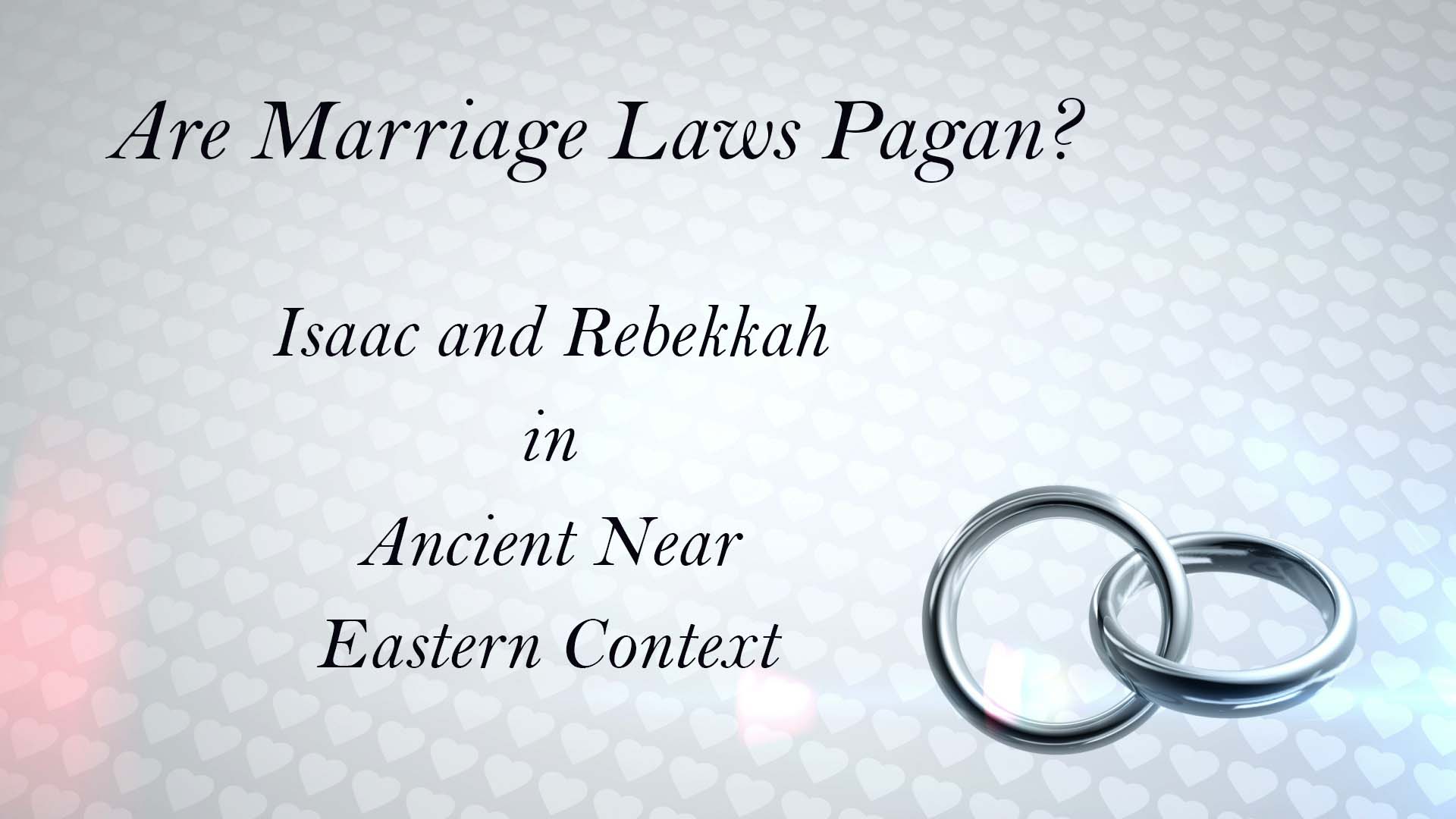I have people come to me every so often with “a verse” that someone has slapped them with in order to promote their own interpretations. And the person is very upset over “this verse” or maybe “a few verses” and I say, “Why are you upset about a few verses? What does the whole of scripture say?”
There are a bunch of loud people out there who are very concerned about getting everyone to agree with them, and anyone who doesn’t is a “pagan” or a “heretic” and there are generally insults tossed around, accusations of ignorance and even insinuations about the person’s character. I just don’t understand why that is necessary if someone is preaching the truth. If I am telling you the truth, do I really have to downgrade another believer (even someone whose beliefs may be 98% the same as mine) who understands things a bit differently than I do? Do I have to call them a false teacher, do I have to get up on my own high place and preach down at them, do I have to call them deceived or can I just say, “I think they are wrong and here’s why – you make up your own mind.” Do I have to say bad things about them, or make you feel bad if you agree with them, make you feel like less of a believer than I am because we see things differently? Do I have to dominate you spiritually?
I am not so nearly as concerned with the minutiae of what you believe as I am with whether or not you are making progress in your walk, if you are teachable, and if you are getting to the point where people can’t freak you out with a few verses anyone. I know a guy on his fourth calendar, and others on their third pronunciation of the Name, and with each new incarnation of belief they are bashing everyone who does it another way.
I want to tell you my honest opinion of people who get other folks upset about “verses” – and that is they generally don’t know context. They pick and choose. They don’t pour agonizingly over the multitude of verses covering a theme, but will generally chose the ones that support what they want to say, often using them out of context and relying on the fact that most folks won’t want to read the entire chapter, or better yet, the entire book it is from, study the ancient near eastern context, study the word usage throughout scripture and see if there are opposing viewpoints in scripture to what they are saying. The best teachers will say, “This is my understanding and this is why.” Anyone who says, “You will think exactly as I do,” and who is not Messiah, is not a teacher and is simply exerting gentile-like leadership, lording authority over the minds of others.
If no one ever taught you to think for yourself, and study for yourself, then you have never been taught. There are an over-abundance of teachers out there, both good and bad – from Kindergarten-level writers like me to University teachers like Rico Cortes, as well as a whole lot of others who don’t have much to say but who say it very loudly and forcefully. But where is the fruit? Do you know my fruit? Or the fruit of any of the people teaching you? And especially the fruit of the anonymous folks on social media, where you might not even know their real name? I don’t care how much of a following a person has, you can’t put your faith in any one of us, especially when you do not know us or our fruit. You cannot allow us to upset you – challenge you yes, but upset you with a few verses? No. And certainly not overturn your faith!
Learn the context of the scriptures, learn the thematic elements that flow from beginning to end. Become established in what is and is not written, and when someone comes to you with a few verses, never get upset. Study it out in a reasoned manner. Oftentimes, simply reading the entire chapter the verse is in will show you the ridiculousness of a person’s claims (sorry Biblegateway.com, the verse before and after does not constitute “context”). It takes time to develop a good working knowledge of the scriptures and to study out the context of the times, but it is the only way to safeguard yourself against being swept to and fro by every wind of doctrine. Don’t allow yourself to be at the mercy of others who claim to know the scriptures but may indeed know very little. Don’t go rushing after teachers when you haven’t read the Word for yourself from beginning to end! Understanding the Word for yourself is an investment in your relationship with God.
The Bible wasn’t written to us, even though it was written for us; it was written to Hebrews from the 3rd Millennium BC to the first century AD, in a way that would make sense to them in their individual eras, and some of it was written in such a way as to make sense to converted Gentiles in the last half of the first century AD. What made perfect sense to them, often doesn’t remotely make sense to us, and so folks who are ignorant of context will twist it however they want, assuming that the Bible is easy to understand outside of the historical context it was written in. And there are a lot of these folks on facebook, who will tell you that they understand everything and you had better agree with them or you are a liar and a false teacher and an anti-Messiah. I am frankly exhausted with dealing with the fallout from these people, and keep asking myself the same question over and over again, “Why do so many people listen to them?” I have seen the fruit of their “ministries” and that fruit is division, and really mean and intolerant followers, concerned over every insignificant gnat. No love, no joy, no peace or patience, no kindness, goodness, faithfulness or self-control – just a lot of finger pointing and draining the life out of the people who keep reading, listening and watching. It’s your choice who you listen to, and it’s also your responsibility. If the teachings aren’t growing you in good fruit, then they are bad teachings, no matter how accurate you think they are.
Spanish version here





















Boy oh boy Tyler does this speak to my heart. I’ve been working on a video I must do (don’t want to, but if I don’t I know its rebellion). Much of what you said is exactly included. Also, besides the “if you don’t think and act exactly like me” garbage, there is no mercy, nor compassion, and love is waning. I’ve not been on fb for 5 wks today because of all this mess. Maybe I’ll go back after the 25th..dunno, its still up in the air for me. With all that I felt compelled to write above, thank you. Its comforting to know you aren’t alone in experiencing and seeing all this stuff. How true it is “the love of many shall wax cold”..I’m watching it happen and I HATE it!
Sorry to hear that sis, I am so greived by those who equate a lack of understanding or agreement as sin 🙁 as long as we lift up ourselves or our level of understanding as the pinnacle, or forget how long it has taken us to understand things, or if we forget that our eyes were opened by an act of the mercy of God, we won’t be teachers but instead tyrants.
Great article, sis. What I’ve learned is that it is okay to be picky. 🙂 We should be careful who we give our ear too. First and foremost we need to be listening for that still, small voice. Then we can listen to men who love Hashem and love others in order to confirm what the Spirit has already spoken to us.
Shalom, shalom,
S~
So true, no one is desperate enough for information that they should have to put up with anyone whose character causes the Name of our King to be blasphemed.